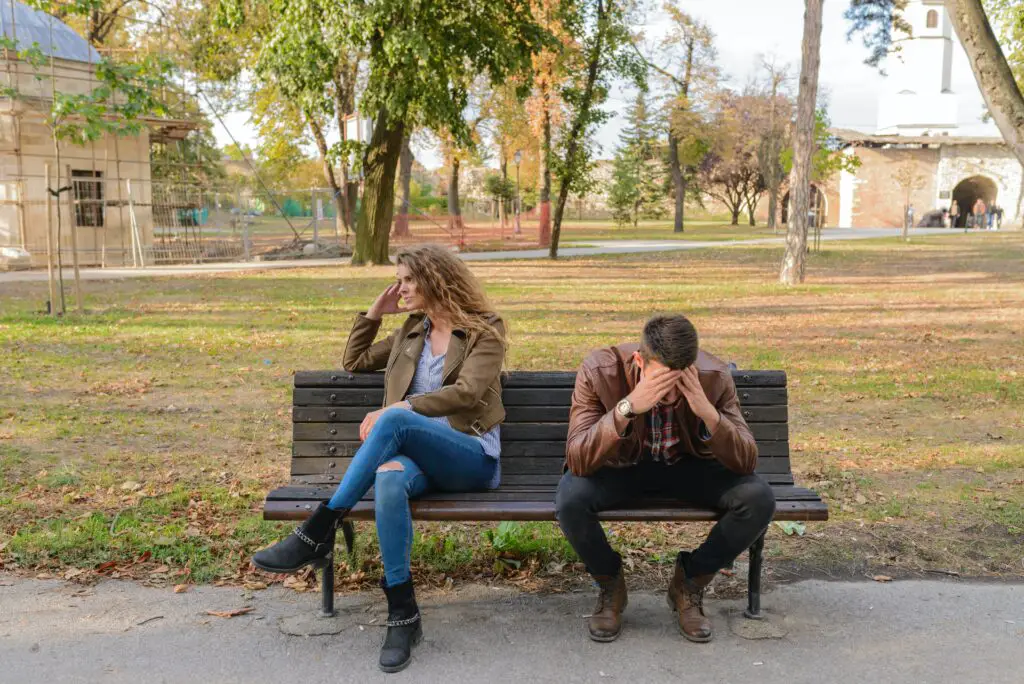In the tapestry of human relationships, we often encounter a puzzling phenomenon: a person may take a disliking to us without any apparent reason. This experience can be bewildering and hurtful, leaving us to question our actions, our personality, or even our very being. Yet, the roots of such feelings can be complex and multifaceted, often lying beyond the surface of our interactions and perceptions.

The direct answer to this conundrum is that it’s not always about you. People’s feelings and attitudes can be influenced by a myriad of factors that have little to do with the person on the receiving end of their dislike. These factors can range from personal insecurities, past experiences, and prejudices, to miscommunications and even the mood of the person at a given time. It’s crucial to understand that an individual’s emotional response or lack of affinity towards you is often a reflection of their internal state or external circumstances rather than a direct evaluation of your character or actions.
The Mirror of Perception
Humans are inherently subjective beings, and our perceptions of others are filtered through the lens of our personal experiences, biases, and emotional states. When someone dislikes us without a clear reason, it could be because we inadvertently trigger an emotional response in them. This response may be rooted in their past experiences or insecurities, causing them to project feelings onto us that actually have little to do with our actions or intentions.
The Role of Miscommunication
Communication plays a pivotal role in shaping our relationships and perceptions of one another. Misunderstandings and misinterpretations can easily sow the seeds of dislike. A casual remark or action might be misconstrued, leading someone to form a negative opinion based on a miscommunication rather than a genuine grievance.
Social and Cultural Influences
Our perceptions and attitudes are also shaped by the social and cultural contexts in which we live. Prejudices and stereotypes, often unconsciously absorbed from our surroundings, can influence how we perceive and react to others. Someone might dislike another not because of who they are, but because of preconceived notions about their background, appearance, or affiliations.
The Complexity of Personal Preferences
At times, the reasons behind someone’s dislike may be as simple as a clash of personalities or preferences. Just as we naturally gravitate towards individuals with whom we share common interests or values, we might also instinctively pull away from those who differ significantly from us in these areas. This instinctual response doesn’t necessarily reflect a fault in either party but rather the diverse nature of human preferences and compatibilities.
The Impact of Current Mood and External Stressors
It’s important to recognize the influence of temporary moods and external stressors on our interactions and perceptions. Someone might exhibit dislike towards us during a period of personal stress or emotional turmoil, with their reaction being more about their current state than about us as individuals.
Navigating Unwarranted Dislike
Understanding that unwarranted dislike is often rooted in factors beyond our control can be liberating. It allows us to move beyond self-doubt and to approach such situations with empathy and resilience. While we may not be able to change how someone feels about us, we can control our reaction to their feelings. Responding with kindness, seeking clarity through communication, and maintaining a sense of self-worth are crucial steps in navigating these complex emotional landscapes.
In conclusion, the phenomenon of someone disliking us for no apparent reason is a multifaceted issue, deeply intertwined with the complexities of human psychology and social dynamics. Recognizing the various factors at play can help us approach such situations with a greater understanding and empathy, both for ourselves and for the individuals involved.

